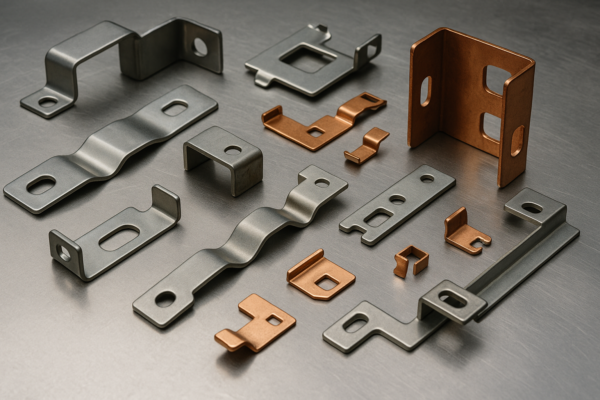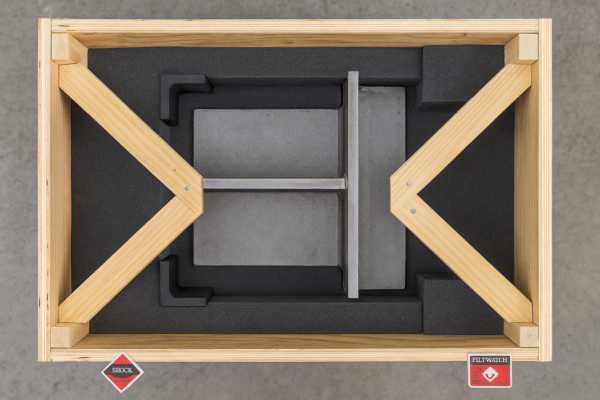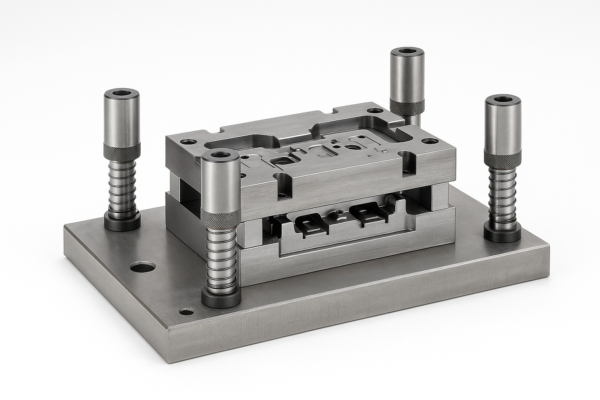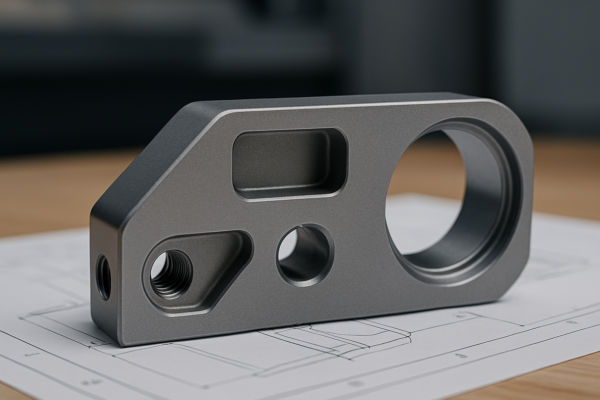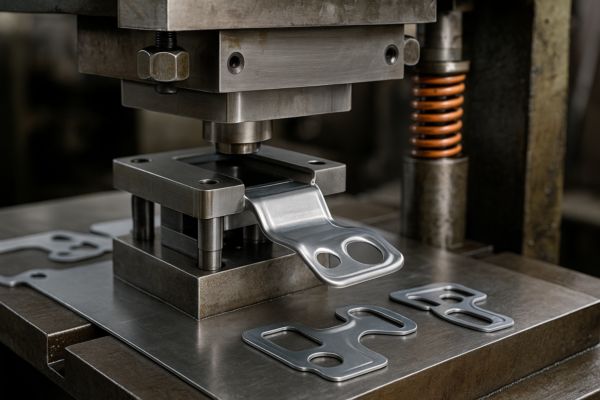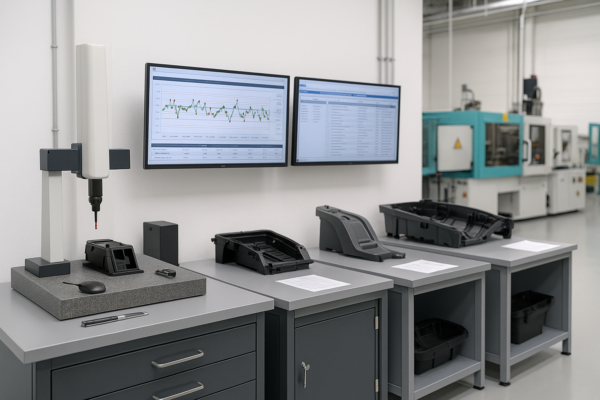What is the Best Metal to Start Casting?
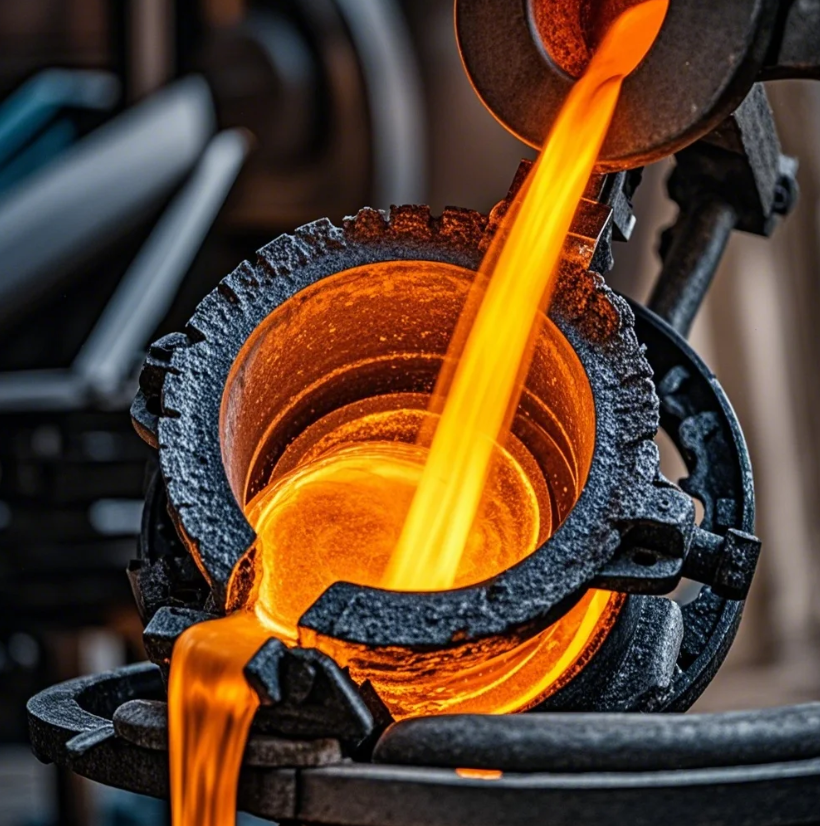
Metal casting is a valuable skill in many industries, from automotive to jewelry manufacturing. The process allows for precise reproduction of complex shapes. However, for beginners, choosing the right metal for casting can significantly impact the ease and quality of the process. In this guide, we’ll explore the best metals to start casting and how to select the most suitable material for your projects.
Understanding the right metal to start casting is crucial. This guide will help you choose the most beginner-friendly material for casting with ease and quality results.
Knowing which metal is right for your project ensures smoother casting experiences. Keep reading to learn about the best options for beginners.
What is the best metal for beginner casting?
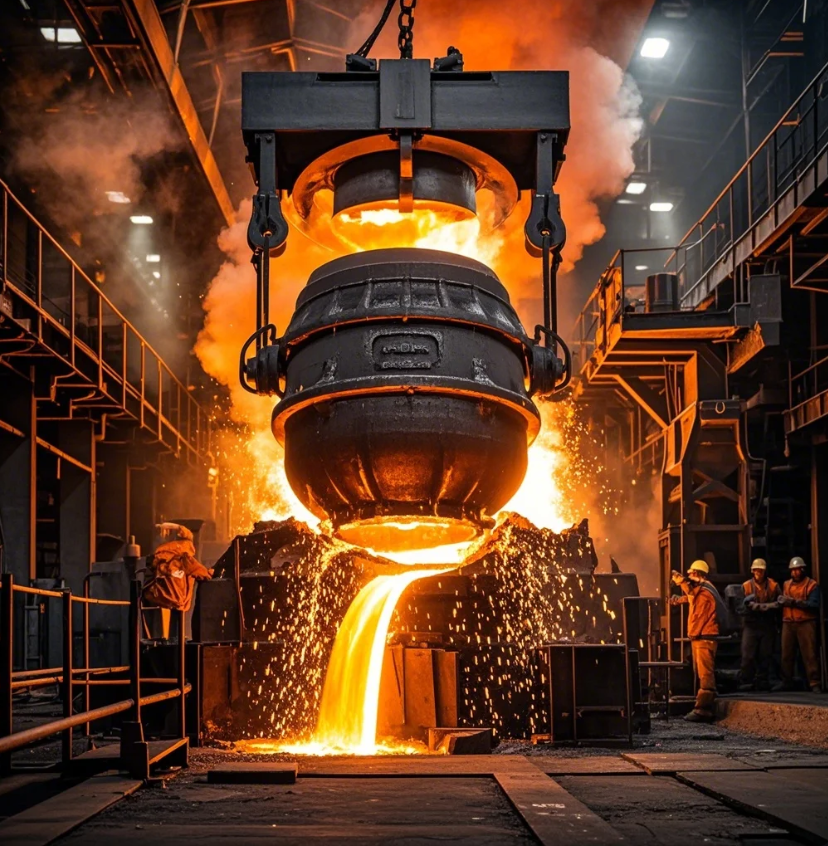
When you’re just starting with metal casting, you want a metal that’s easy to work with, affordable, and forgiving in case of mistakes. Some metals have a lower melting point, are more malleable, and allow for more control during the process. Here are the best options for beginner metal casting:
1. Aluminum
Aluminum is one of the best metals to start casting due to its relatively low melting point (around 660°C or 1220°F), which makes it easier to melt and pour compared to higher-melting metals like steel or bronze. It’s also lightweight and relatively inexpensive. Aluminum is a versatile material, often used in automotive, aerospace, and consumer goods casting, and is widely available.
2. Zinc
Zinc is another great option for beginners. It has a low melting point (around 419°C or 786°F) and is easy to work with. Zinc is often used for making decorative items, die-casting, and small components for various industries. It’s inexpensive and easy to cast, making it a popular choice for those just starting out.
3. Tin
Tin is a soft and easy-to-cast metal, especially useful for small-scale casting projects. With a melting point around 232°C (450°F), it’s low enough for beginners to safely handle. While not used as frequently as aluminum or zinc, tin is commonly used for alloys, such as bronze or pewter, and is an excellent choice for small, detailed objects.
4. Lead (with caution)
While lead is a good metal for casting because of its low melting point (327°C or 621°F), it is toxic and should be handled with extreme caution. It’s best for those working in well-ventilated spaces and who understand safety protocols. Lead was once used in various industries, but due to health concerns, its use has become less common.
Snippet paragraph: Aluminum, zinc, and tin are the best metals for beginner casting. They are easy to melt, affordable, and provide great results for small projects.
What metal is used for casting?
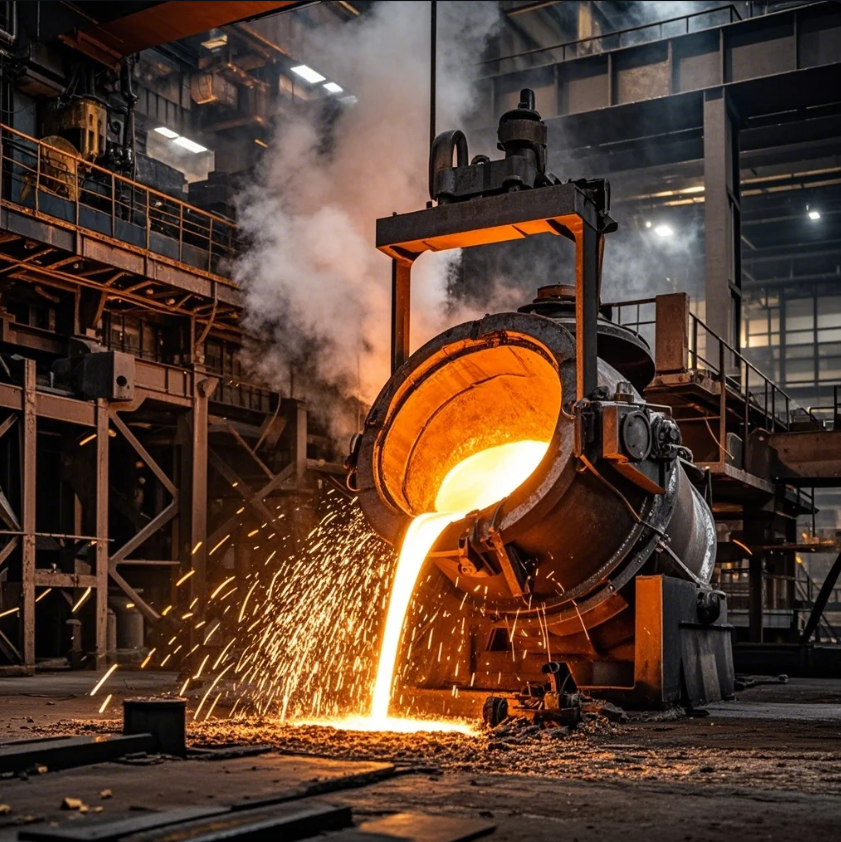
Various metals are used for casting depending on the application, but the most common metals include aluminum, bronze, steel, iron, and zinc. Each of these metals has different properties that make them suitable for specific uses. Here’s an overview of the most widely used metals for casting:
1. Aluminum
Aluminum is widely used in casting due to its light weight, corrosion resistance, and ease of handling. It’s common in the manufacturing of automotive components, aerospace parts, and kitchenware.
2. Bronze
Bronze is an alloy made primarily of copper, with tin and other metals added for strength and durability. It has a high melting point (around 950°C or 1742°F) and is commonly used in sculptures, coins, and mechanical components due to its strength and corrosion resistance.
3. Iron
Cast iron, which includes both gray iron and ductile iron, is used in heavy industries. It is strong, durable, and capable of holding intricate details. It is often used in the automotive industry, machinery, and pipes.
4. Steel
Steel is a strong and durable metal often used for casting. Its high melting point (around 1370°C or 2500°F) and versatility make it suitable for applications requiring strength, such as heavy machinery and construction materials.
5. Zinc
Zinc is commonly used for die-casting, particularly in the production of automotive parts, hardware, and other small, intricate items. Its low melting point and ability to be cast in high volumes make it an attractive choice for mass production.
Snippet paragraph: Common metals used in casting include aluminum, bronze, iron, steel, and zinc, each serving unique purposes across different industries.
Which is the most widely used metal for casting?
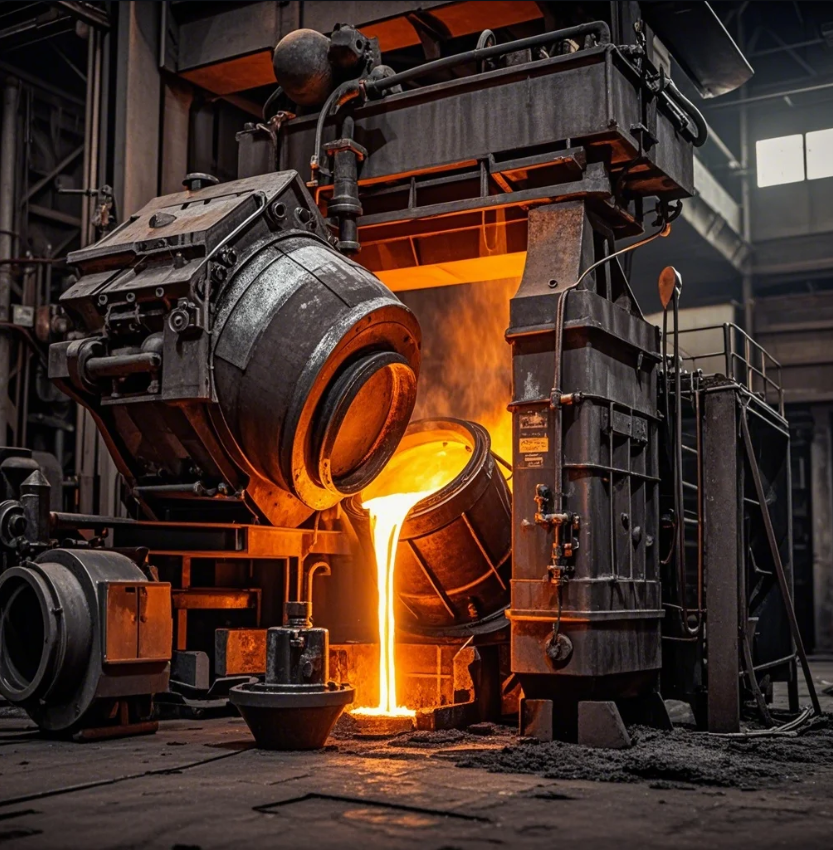
The most widely used metal for casting is aluminum. Its popularity can be attributed to its combination of low melting point, corrosion resistance, and affordability. Aluminum is used in a wide range of industries, from automotive to aerospace, due to its excellent combination of properties that make it easy to cast and durable once formed.
Aluminum is especially favored in industries where weight is a key consideration, such as in the production of car parts, engine components, and even bicycles. Additionally, aluminum’s ability to be recycled easily adds to its appeal.
Why Aluminum Is the Most Popular Casting Metal
- Low Melting Point: Aluminum melts at around 660°C (1220°F), making it easier to handle than higher-melting metals.
- Strength and Durability: While lightweight, aluminum has a high strength-to-weight ratio, making it ideal for heavy-duty applications.
- Corrosion Resistance: Aluminum naturally forms a protective oxide layer, helping it resist corrosion, especially in harsh environments.
- Malleability: Aluminum can be easily shaped into complex designs, making it suitable for various casting methods, including sand casting and die-casting.
Snippet paragraph: Aluminum is the most widely used casting metal due to its affordability, ease of use, and versatility across industries like automotive and aerospace.
What is the best steel for casting?
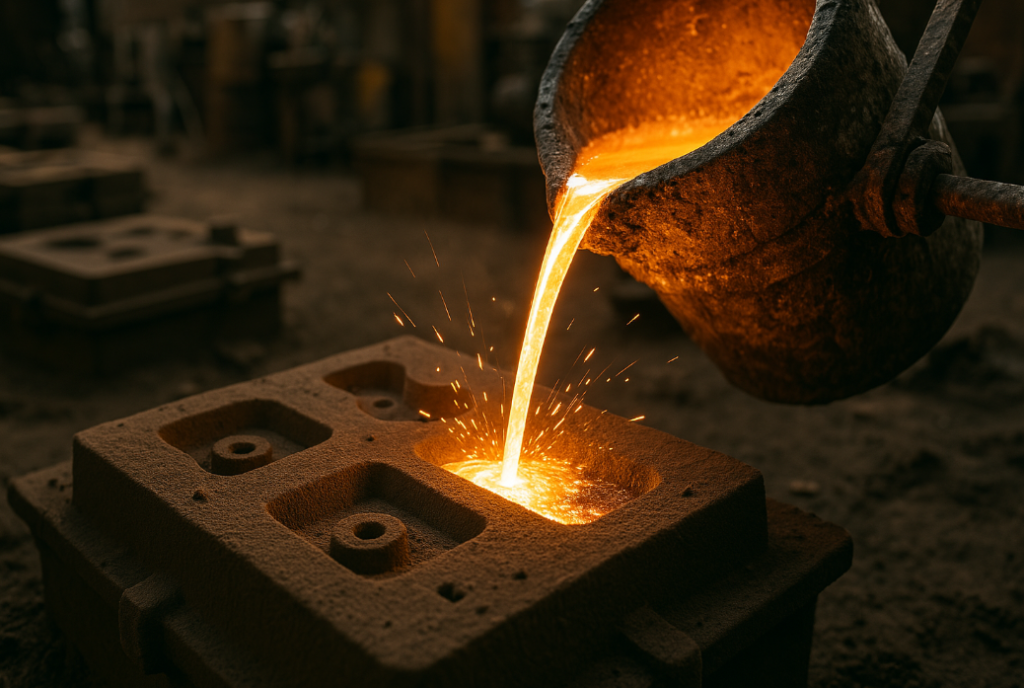
Steel is a durable and strong metal that is often cast into molds for use in industries such as construction, machinery, and automotive. The best type of steel for casting depends on the specific application and the desired properties of the final product. Let’s look at the best types of steel for casting:
1. Carbon Steel
Carbon steel is one of the most commonly used steels for casting. It has high strength and hardness, making it suitable for manufacturing machinery components and heavy-duty parts. However, carbon steel is prone to rust, so it often requires coating or painting to prevent corrosion.
2. Alloy Steel
Alloy steel is made by adding various elements to carbon steel, such as chromium, molybdenum, or nickel, to enhance its strength, hardness, and resistance to wear and corrosion. Alloy steels are ideal for casting applications that require higher strength and resistance to heat and wear, such as in the manufacturing of industrial tools and automotive parts.
3. Stainless Steel
Stainless steel is widely used for casting because of its corrosion resistance, making it an excellent choice for applications in the food industry, medical devices, and outdoor products. Stainless steel casting is typically more expensive than carbon or alloy steel but offers superior durability in corrosive environments.
4. Tool Steel
Tool steel is a high-carbon steel used for making cutting tools, dies, and molds. It has excellent hardness, wear resistance, and the ability to withstand high temperatures. Tool steel is used in specialized casting applications where durability and strength are crucial.
| Steel Type | Properties | Best Uses |
|---|---|---|
| Carbon Steel | Strong, affordable, can rust if untreated | Industrial machinery, heavy-duty components |
| Alloy Steel | Enhanced strength, heat, and wear resistance | Industrial tools, automotive parts |
| Stainless Steel | Corrosion-resistant, durable | Food industry, medical devices, outdoor parts |
| Tool Steel | Hard, wear-resistant, high-temperature capable | Cutting tools, dies, molds |
Snippet paragraph: Carbon steel, alloy steel, and stainless steel are the best options for casting, each offering unique benefits depending on the application.
Conclusion
When starting metal casting, beginners should focus on metals like aluminum, zinc, or tin due to their lower melting points and ease of handling. As you gain experience, you can progress to more challenging metals like steel or bronze, depending on the needs of your projects. Whether you’re casting for artistic purposes or manufacturing components, understanding the properties of different metals will help you make the best choice for your needs.
If you’re interested in high-quality cast metal parts or need expert advice on your casting projects, contact Prime today for a consultation and custom solutions. We provide reliable and fast delivery of industrial metal components, including stamping, CNC machining, casting, and more!

